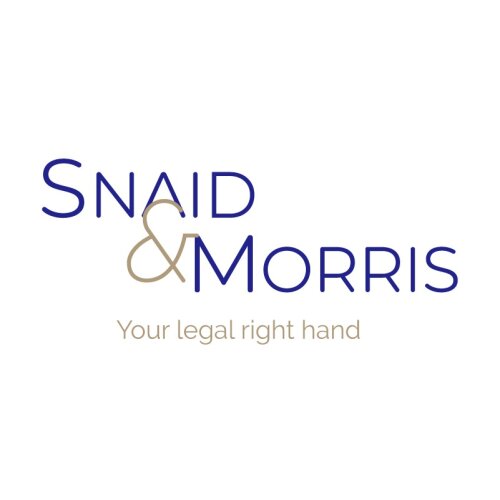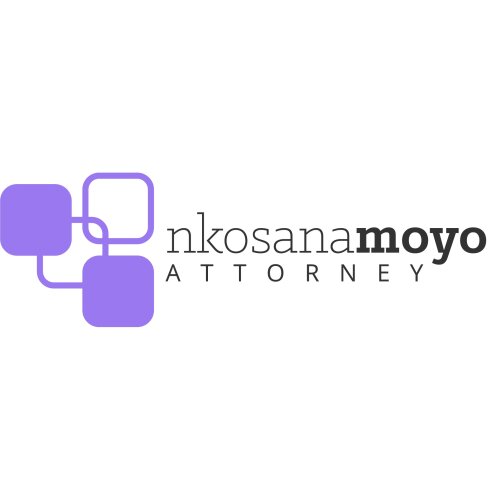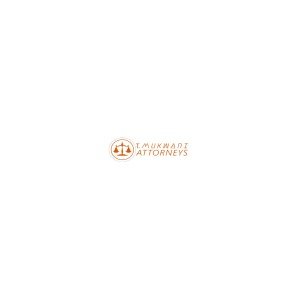Best Debt & Collection Lawyers in Johannesburg
Share your needs with us, get contacted by law firms.
Free. Takes 2 min.
List of the best lawyers in Johannesburg, South Africa
About Debt & Collection Law in Johannesburg, South Africa
Debt and collection law in Johannesburg, South Africa, is primarily governed by the National Credit Act, 2005 (NCA) and various other legislative frameworks aiming to regulate the accrual and recovery of debt. This sector focuses on ensuring creditors can effectively and legally recover debts while also protecting debtors from abusive or unfair practices. Johannesburg, being a major financial hub, sees a significant amount of debt collection activity, handled by private collection agencies, attorneys, and the courts.
Why You May Need a Lawyer
Legal assistance may become necessary in debt and collection cases for various reasons. Individuals may need a lawyer to negotiate a debt settlement, dispute a debt claim, respond to court summonses, or claim against unfair practices by creditors. Businesses may require legal representation to improve their debt recovery processes or defend against debt collection claims. Given the legal complexities, professional advice can offer strategic solutions tailored to each client’s circumstances.
Local Laws Overview
Debt collection in Johannesburg is affected by several key pieces of legislation:
National Credit Act (NCA): This act governs most credit agreements and aims to promote responsible lending and mitigate reckless credit. It provides protection for consumers, prescribes maximum interest rates, and requires clear credit agreements.
Prescription Act: Sets time limitations on the enforceability of debt, typically three years from the date the debt is due unless acknowledged in writing.
Consumer Protection Act (CPA): Protects consumers from unfair trade practices and is relevant to disputes involving consumer debt.
These laws are implemented alongside procedural rules governed by the Magistrates and High Courts, ensuring that debt recovery procedures are fair and equitable.
Frequently Asked Questions
What should I do if I receive a debt collection notice?
It is crucial to respond promptly. Review the notice, verify the debt details, and contact the creditor to dispute or negotiate the debt if necessary. Legal advice may guide you through the process.
Can a creditor take legal action against me without notifying me first?
Creditors are typically required to notify debtors of legal action. They must issue a letter of demand before proceeding with court actions.
How long does a creditor have to collect a debt?
According to the Prescription Act, most debts prescribe after three years, meaning they can't be legally collected after this period unless acknowledged in writing.
What are my consumer rights regarding debt collection practices?
Consumers have rights to protection against harassment, deceptive practices, and access to clear information. Creditors and collectors must adhere to ethical practices as per NCA and CPA guidelines.
Can I be imprisoned for not paying a debt?
No, in South Africa, you cannot be jailed for failing to pay a debt. However, creditors can seek court judgments to recover debts via other legal means such as wage garnishments.
How can I negotiate a debt settlement?
Engage directly with creditors or a mediator. Clearly outline your financial situation and propose a reasonable payment plan. Legal assistance may enhance the negotiation process.
What happens if I ignore a debt summons?
Ignoring a summons typically results in a default judgment against you. This can lead to wage garnishments or property seizures. It's advisable to respond promptly, possibly with legal help.
How do I dispute a debt I believe I don’t owe?
Gather evidence and send a formal dispute letter to the creditor, outlining reasons and including any relevant documentation. Legal guidance can ensure a stronger case.
Can a creditor take my primary residence as repayment for a debt?
While possible, it is usually a last resort due to protections under South African law. Creditors must follow legal procedures, and alternatives often exist.
Do debt collectors have the right to contact me at work?
While they can contact you, persistent calls or visits could be deemed harassment, which is prohibited. Any such behavior may be contested through legal channels.
Additional Resources
For those seeking more information or assistance, several resources are available in South Africa:
National Credit Regulator (NCR): An excellent starting point for complaints and information about credit agreements and rights.
Legal Aid South Africa: Offers free legal advice and representation to individuals who may not afford it.
Consumer Affairs Offices: Provide mediation services and information about consumer rights.
Next Steps
If you need legal assistance in debt and collection matters, consider taking the following steps:
1. Document Everything: Keep a detailed file of all correspondence, contracts, and payment records.
2. Seek Advice Early: Timely legal advice can often prevent escalating issues. Consider consulting with an attorney specializing in debt and collection.
3. Utilize Available Resources: Engage with governmental bodies and consumer offices that offer support.
4. Negotiate with Creditors: Attempt informal resolution before pursuing legal action, which can be costly and lengthy.
Effective management and legal guidance can help successfully navigate debt and collection challenges in Johannesburg.
Lawzana helps you find the best lawyers and law firms in Johannesburg through a curated and pre-screened list of qualified legal professionals. Our platform offers rankings and detailed profiles of attorneys and law firms, allowing you to compare based on practice areas, including Debt & Collection, experience, and client feedback.
Each profile includes a description of the firm's areas of practice, client reviews, team members and partners, year of establishment, spoken languages, office locations, contact information, social media presence, and any published articles or resources. Most firms on our platform speak English and are experienced in both local and international legal matters.
Get a quote from top-rated law firms in Johannesburg, South Africa — quickly, securely, and without unnecessary hassle.
Disclaimer:
The information provided on this page is for general informational purposes only and does not constitute legal advice. While we strive to ensure the accuracy and relevance of the content, legal information may change over time, and interpretations of the law can vary. You should always consult with a qualified legal professional for advice specific to your situation.
We disclaim all liability for actions taken or not taken based on the content of this page. If you believe any information is incorrect or outdated, please contact us, and we will review and update it where appropriate.














